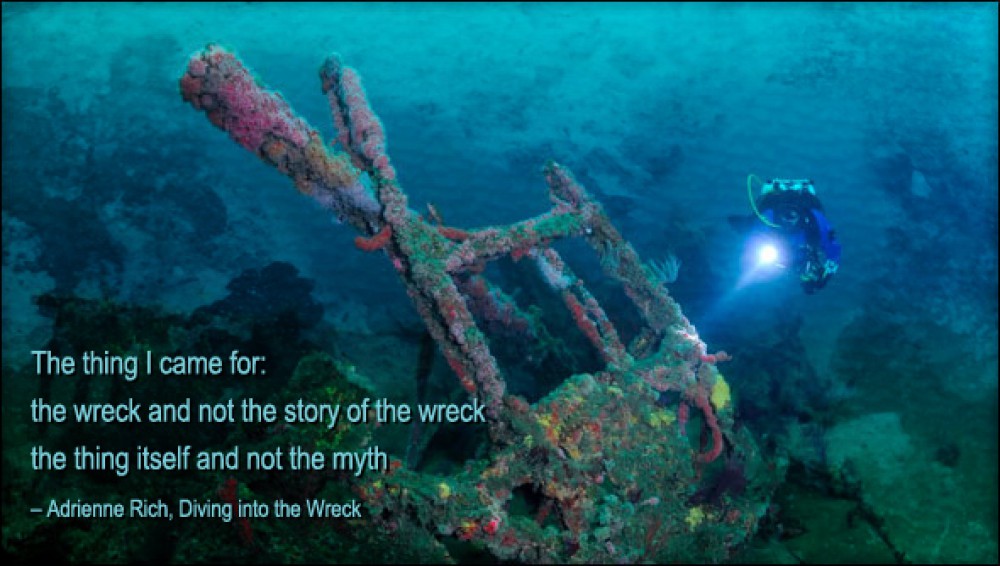One might think that purported pediatric gender experts would have a vested interest in investigating all facets of the current worldwide massive increase in kids wanting to chemically and surgically transition to the opposite sex. After all, in most civilized societies, adults want to protect young people and seriously ponder what’s best for them—all of them. Certainly, when it comes to permanent, lifelong medical interventions, most responsible professionals who work with youth would realize that not everyone who wants a treatment is necessarily a good candidate for it; as one bioethicist memorably put it, “a doctor is not a candy seller.”
But at least one director of a well known pediatric gender center and national trans activist lobbying group in Portland, OR—a full-grown adult who nevertheless takes to Facebook to brand anyone not fully on board with the organization’s mission as a “TERF ” or “anti-trans hate group” —evidently cannot tolerate a researcher even studying the phenomenon of teens who came quite suddenly to the idea of transgender identity. [Note: All screen captures are from Burleton’s publicly accessible Facebook page.]

The survey study, “Rapid onset gender dysphoria, social media, and peer groups” (still actively recruiting participants) seeks to better understand, via parent survey, the phenomenon of teenagers who (after never previously expressing gender dysphoria) suddenly announce they are the opposite sex. Many parents in the 4thWaveNow community have teens who, in many cases, have demanded immediate access to medical transition, with all that entails—cross sex hormones (with concomitant permanent body changes, particularly for biological females), and major surgery, often involving removal of both breasts. Some of these teens changed their minds about transition, while others have not–but all are worth studying in the interests of discovering whether there is (as many of us have observed) a social contagion contributing to the increase in teens (especially teen girls) who express a desire to become the opposite sex.
Wouldn’t any reputable purveyor of a treatment which will change the lives of teenagers forever have even a modicum of intellectual curiosity about what such a survey might reveal? One would think, also, that Jenn Burleton might feel slightly chastened after recently hearing from a detransitioned, former teen client who was unhappy about the fast-track transition that was enabled by TransActive gender counselors. Instead, Burleton (whose Facebook description lists only studying “Resilience at the University of Life“ as professional credentials) would rather cast aspersions on the MD/MPH conducting the “bogus” study, as well as the organizations and websites (including this one) which have publicized the research effort.
Commenters on Burleton’s post (who were obviously approved by Burleton) go even further, with one intending to deliberately “throw off the statistics” on the survey.

Burleton obviously approves of the “throw off the statistics” scheme:

If trans activists are so confident that kids as young as 3 or 4 can be legitimately and reliably diagnosed as “transgender” and in dire need of intervention by organizations like TransActive, why would the executive director need to stoop to childish tactics like screaming “TERF” and encouraging Facebook followers to gum up a survey study? What’s the worry? Why wouldn’t someone with such a huge responsibility for the well being of teenagers want to learn more about teens who were simply following a social trend, later changed their minds, or who actually might not be appropriate for treatment?
Burleton’s open hostility and the jeering, sophomoric reaction of the post’s followers lead inexorably to a question: Are some key activists in the forefront of pediatric transition genuinely interested in looking at all the evidence about “trans kids”? Or are they, instead, driven by a desire to shut down any and all inconvenient fact-finding efforts when it comes to promoting drastic medical interventions for other people’s children?
Anyone with a rudimentary understanding of the meaning of a Facebook “like” won’t have much difficulty answering that question.

